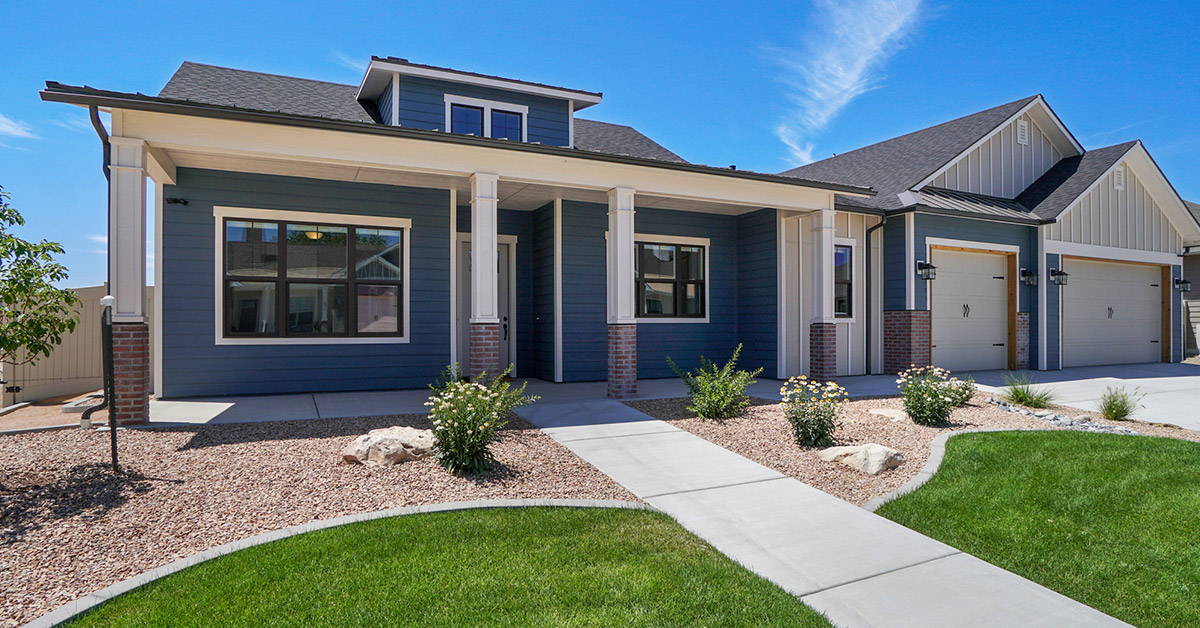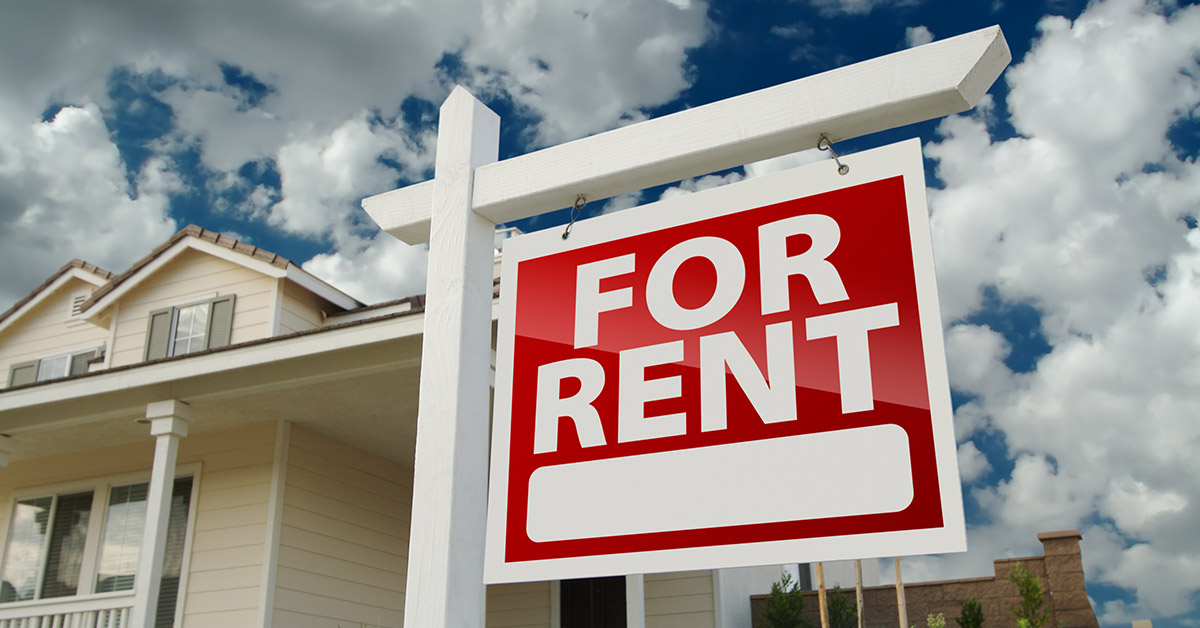5 Key Tax Benefits of Owning a Rental Property

Today, we’re going to go over some top benefits of rental property ownership, focusing specifically on taxes, to help you decide if owning an investment property is the right choice for you.
Even if you’re a seasoned investment property owner, this article can serve as a helpful reminder about things to discuss with your accountant.
Let’s jump right in!
Disclaimer: The information provided by Evergreen Property Management is for general informational purposes only and is not intended to be professional financial or tax advice. While we strive to ensure the information is accurate and up to date, errors or omissions may occur. Evergreen Property Management is a property management company, and we are not certified public accountants (CPAs), financial advisors, or tax professionals. For advice specific to your financial situation, please consult with a qualified professional.

5 Key Benefits of Owning a Rental Property
Below are some tax considerations that make owning an investment property worth it:
#1: Deduct Mortgage Interest
You can deduct mortgage interest from your rental income, saving you money in taxes. How does it work? You will receive a Form 1098 from the company you have your mortgage through, which will include the total amount of interest paid over the year prior. For a rental property, that mortgage interest will be reported using a Schedule E.
#2: Deduct Depreciation
Not only can you deduct mortgage interest, but you can also deduct depreciation. Research shows that residential investment properties here in the United States depreciate by roughly 3.636% for 27.5 years. While you’re unable to depreciate the land your rental property is on, the home itself can be depreciated to help you save on your overall tax obligations.
#3: Deduct Property Taxes
It is true that the property tax total varies based on location, property type, and other factors, it can generally be deducted to reduce your rental income. After all, property taxes are a necessary expense when owning a rental property.
#4: Deduct Maintenance and Repair Costs
Rental property owners can deduct the amount paid toward qualifying maintenance and repair expenses that are necessary to help keep a home in livable condition. If the tenant covers certain expenses, these can also be deductible. Your CPA can advise you on the specifics about what is deductible and what is not as you’re preparing your financials for tax season.
#5: Defer Capital Gains Taxes (on 1031 Exchanges)
In our last article, we covered a few ways to buy your next rental property. One such way is a 1031 exchange, where you sell one investment property and purchase a “like-kind” property with the proceeds. A huge advantage of 1031 exchanges is that they allow you to defer capital gains taxes.

Conclusion
There are many benefits of owning a rental property, and taxes are no exception. The list also doesn’t stop here. In addition to capital gains tax deferrals and deducting things like mortgage interest, you can also deduct other qualifying expenses, including advertising, insurance, water, sewer, garbage, and more.
Need an experienced property manager to help guide you? Contact Evergreen Property Management today! We’re a trusted property management team located here in Portland, ready to assist you.
